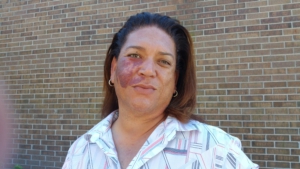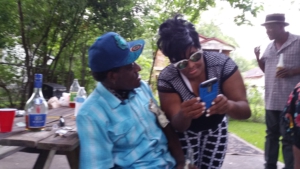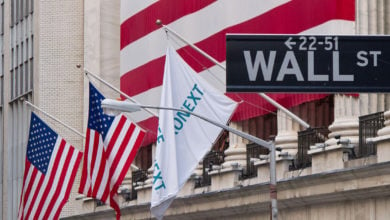
The author lives in Baton Rouge and sells items on LetGo to cover his subsidized electric bill. His share is normally around $15.
A text message wakes me and my parrot before the alarm: “John, can I hold $10 dollars until payday? My lights get cut Monday.”
Another text echoes the same cry for help from another friend surviving on low wages trying to avoid the horrors of living without power. Even with practice from the region’s hurricanes and floods–no one can afford to lose the food in the fridge especially in households with children and elderly.
One recent economic report on ValuBit News reported that to maintain standards of living, U.S. households are reliant on credit for 1/3 of expenses paid.

For many in Baton Rouge, credit is just not an option. It is a poor city built under Jim Crow urban design with low wages and few jobs, a first stop for the unemployed from Mississippi and still host to what would be an entire ward of refugees from New Orleans, never able to return as the rebuilding of that city after Hurricane Katrina was intended only for the rich.
“I did have a problem one time when my monthly expenses got tight. I couldn’t cover the electric bill,” Kerry Auzenne told Liberation News. Auzenne is more commonly known in the LGBTQ community as Mother Kerry for fighting adversity with her tenacious fight back spirit, winning her the title “Mother.”
“So I applied to a program that helps low income people called LAHEAP, but not everyone knows about it or if they do there are other barriers for getting help like lack of access to transportation or a phone that is not
on,” added Mother Kerry.

Those left alone in the struggle try to fend for themselves borrowing from friends in the same boat or trying to raise the cash by any means necessary. It’s pretty common knowledge that a yard sale in North Baton Rouge means that the lights will soon be dark in that house.
At a recent yard sale down the street I acquired two beautiful cast iron pots that were originally from France, likely someone’s grandmother’s. They were sold to me for the few dollars in my pocket as the homeowner got closer to covering the Entergy bill.
Although building the organizational infrastructure to fight Entergy is in the nascent stages, Baton Rouge has stood up to police murder, racism and the capitalist made disaster of the 2016 flood that destroyed nearly 60 percent of the city as developers raked in big bucks by purposely building in flood plains while curtailing development in historic Black areas where the dangers of flooding are minimal. The leap, however, is that poor people are beginning to stop seeing the failure to cover a bill as a personal shortcoming and are realizing that by organizing we can have victories, as we can learn from the city’s own history during the Baton Rouge bicentennial commemoration.
In fact, the struggle to have the people own the power utility is part of the other current struggles. The war on drugs means a heavy police presence in oppressed communities. The so-called “weed man” could be any family member taking desperate measures to keep the lights on. This very well could have been the initial targeting of Alton Sterling who was executed by two racist cops in front of his video and CD stand at the Triple S Market.
It’s a struggle about low wages. It’s a struggle about who owns the energy that is refined by North Baton Rouge workers at ExxonMobil whose shaded shotgun homes were torn away from the light Mississippi breezes to make way for the oil giant that now holds onto both banks of the river in the port of Baton Rouge.
“I’m a CNA [certified nursing assisant] the most underrated job in healthcare — most make between $8.50 and $10 an hour — maybe after five years with seniority you can make more than $10,” explained Winston Shelmire, a homeowner in North Mid City as he spoke to Liberation News.
“I have a vehicle that I use to get to and from work and I already don’t have car or health insurance. After water, food and necessities then I got the Entergy bill.”
“Don’t get me wrong I love the patients I care for, but we typically make barely more than a fast food worker.” [author’s note: the Louisiana minimum wage is $7.25]
“Because of red tape in Social Security my aunt and uncle live with me for a year now as they have no income and both are disabled; my uncle is a cancer survivor. I myself have been doing my best to take care of bills and expenses which isn’t always easy. Already I struggle to get food for the coming week, not being eligible for government programs ‘cuz I work,” added Shelmire.
Making the demand for affordable electricity for the people is not an impossibility for a company like Entergy. The Times Picayune reported in the second quarter of 2016 that Entergy Inc. had net income of $572.6 million.
As the sharpened contradictions for struggle continue to present themselves offering opportunities to work with the masses, let’s make yard sales centers for organizing and text appeals for those drowning in capitalism an alert system that the time to fight back is now.





